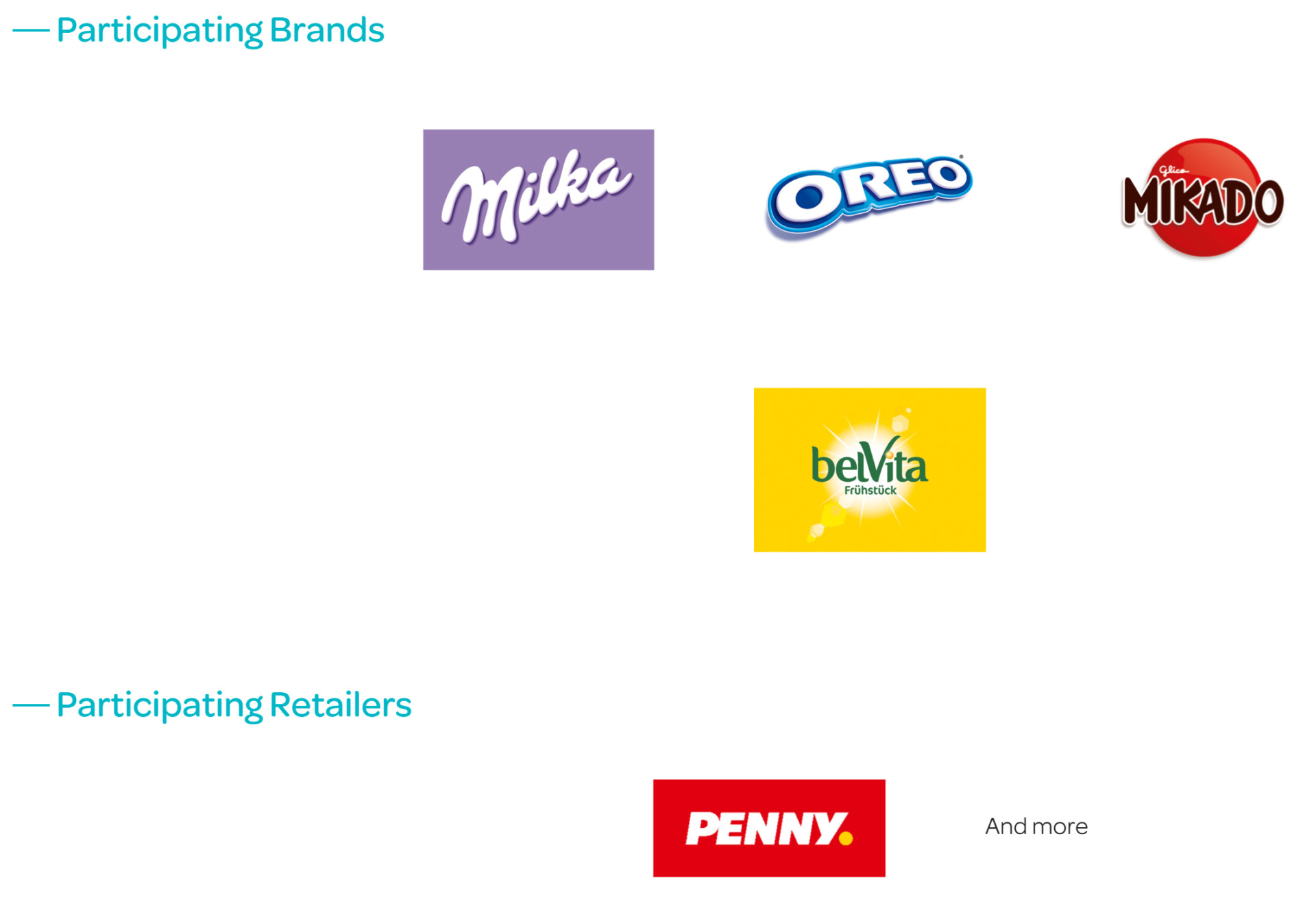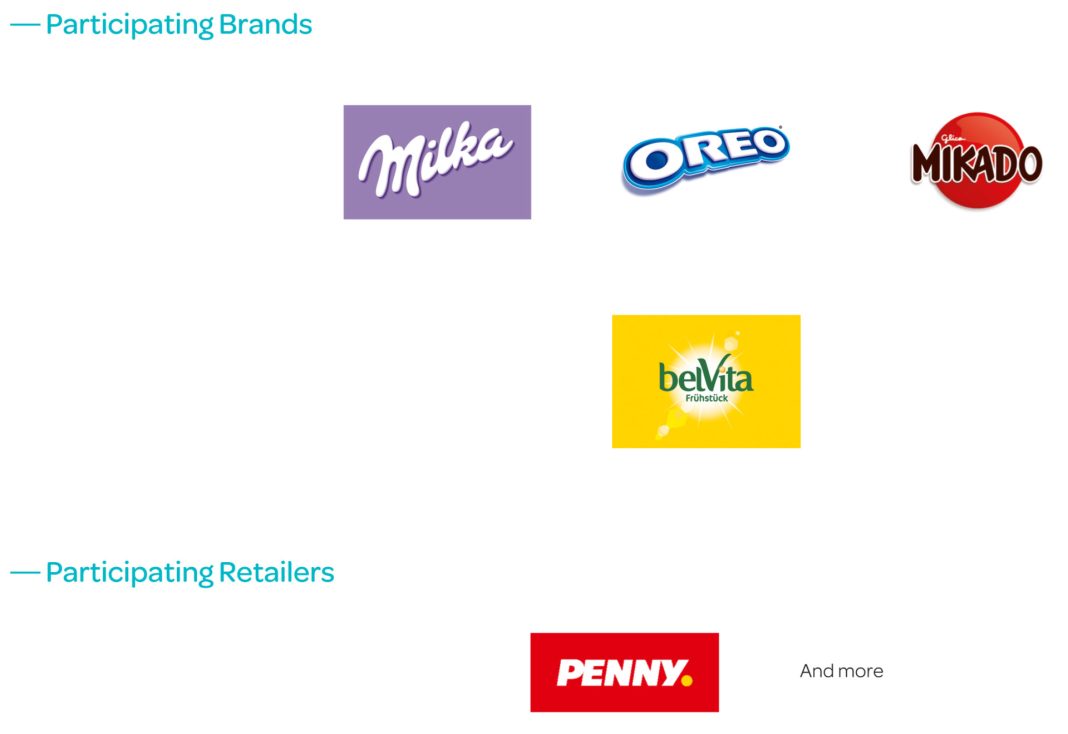 Mondelez International, the company behind popular brands like Oreo, has been hit with a hefty fine of 337.5 million euros ($365.72 million) by EU antitrust regulators. The fine comes as a result of Mondelez’s actions that impeded cross-border trade of chocolate, biscuits, and coffee products between EU countries.
Mondelez International, the company behind popular brands like Oreo, has been hit with a hefty fine of 337.5 million euros ($365.72 million) by EU antitrust regulators. The fine comes as a result of Mondelez’s actions that impeded cross-border trade of chocolate, biscuits, and coffee products between EU countries.
The European Commission found that Mondelez had abused its dominant position and violated EU antitrust laws. The Commission stated that the company’s illegal practices hindered retailers from freely sourcing products in Member States with lower prices. This, in turn, artificially partitioned the internal market, limiting competition and consumer choice.
This fine serves as a reminder that the European Union is committed to promoting fair competition and preventing anti-competitive behavior. By imposing such a significant penalty on Mondelez, the EU aims to deter other companies from engaging in similar practices that restrict cross-border trade and harm consumers.
Mondelez’s actions not only limited retailers’ ability to source products at lower prices but also had broader implications for the internal market. When trade barriers are artificially created, it disrupts the free flow of goods within the EU and distorts competition. Such practices ultimately lead to higher prices for consumers and restrict their access to a wider range of products.
The EU’s decision to penalize Mondelez is based on its commitment to ensuring a level playing field for businesses and protecting the interests of consumers. By holding companies accountable for their anti-competitive behavior, the EU sends a strong message that it will not tolerate actions that harm fair competition and consumer welfare.
This case highlights the importance of maintaining open and competitive markets. When companies abuse their dominant position, it not only harms competitors but also limits innovation and stifles economic growth. By promoting fair competition, the EU encourages businesses to constantly improve their products and services, benefiting consumers in the long run.
The fine imposed on Mondelez also serves as a deterrent for other companies operating within the EU. It sends a clear signal that anti-competitive practices will not be tolerated and that companies engaging in such behavior will face significant financial consequences.
In conclusion, Mondelez International’s fine of 337.5 million euros by EU antitrust regulators underscores the EU’s commitment to fair competition and consumer protection. By penalizing Mondelez for impeding cross-border trade and artificially partitioning the internal market, the EU aims to uphold the principles of open and competitive markets. This decision serves as a warning to other companies, promoting fair competition and ultimately benefiting consumers.


